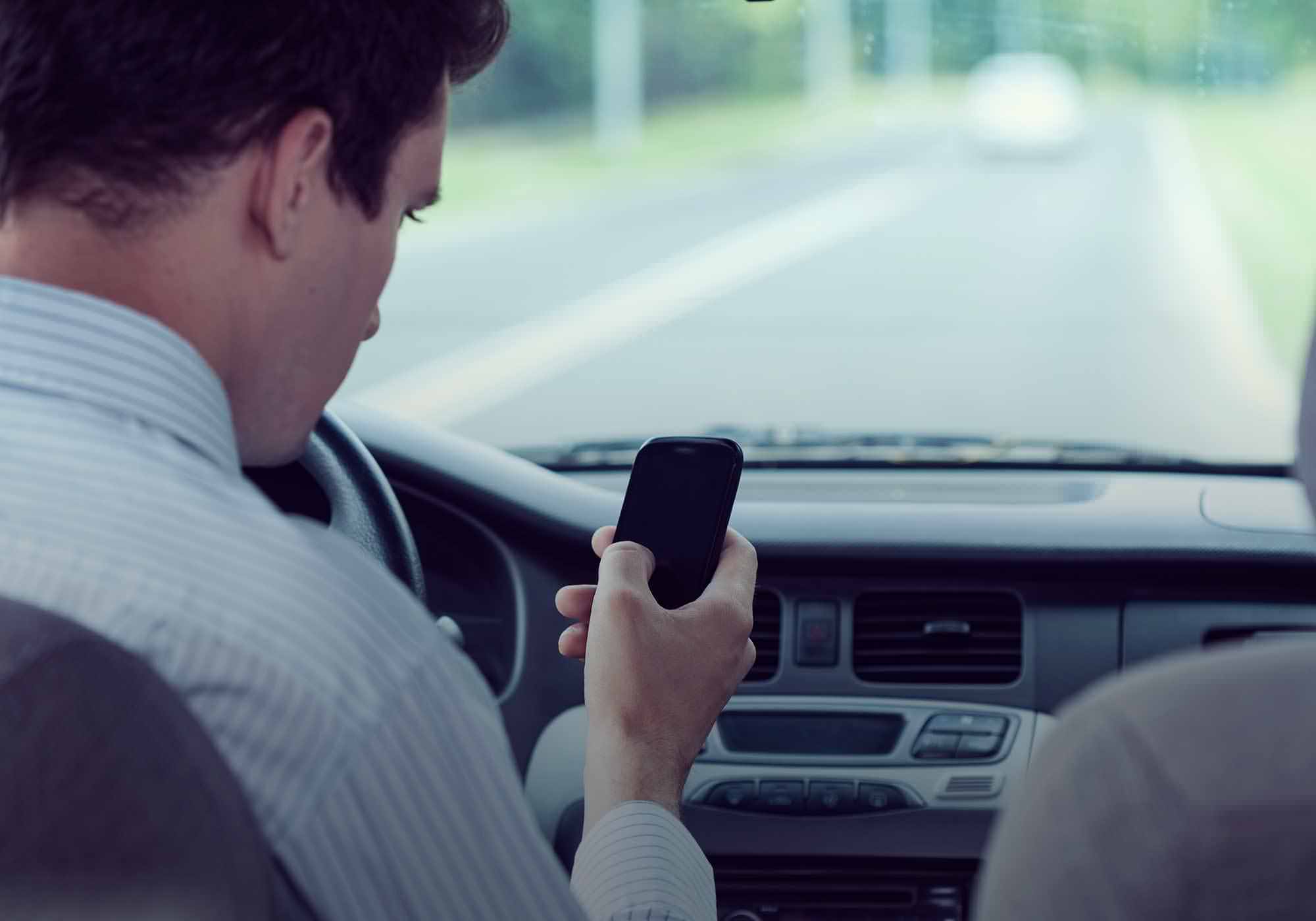According to The Royal Society for the Prevention of Accidents (ROSPA), there are four types of driver distraction. These are:
- Visual – relating to when a driver sees objects or occurrences and this distracts their attention from the road.
- Cognitive – occurs when a driver is thinking about something unrelated to driving, in a state of tunnel vision. This means they may spend less time checking mirrors or observing the road.
- Biomechanical – this happens when a driver is doing something physical that does not relate to driving, such as holding something or reaching down to pick something up.
- Auditory – caused when sounds interfere with a driver’s hearing by drawing their attention to whatever caused the sound.
Avoid distractions in the first place
ROSPA advises that distractions while driving are difficult to manage, but motorists can take a few steps to avoid becoming distracted. One of the first steps is to recognise what makes you distracted in the first place. Self-assessment is a vital part of driving, so it is important to think about activities before you do them to evaluate whether they are safe. Quite often drivers do things without realising that they are distracting activities, leaving them unaware of the extra risk this can cause.
Remove distractions when you become aware of them
If you become aware that you need to do something that would impair your focus, ROSPA recommends that you find a safe place to pull over first – although it is most advisable to try to plan ahead and reduce the likelihood of becoming distracted in the first place. Evaluate whether or not you are ready to drive. ROSPA say: “Make sure that you are ready to drive before setting off for a journey. If you are about to drive after an emotional event, then it is best to allow yourself time to cool down.”
Reduce in-car technology
For many drivers these days, in-vehicle technology can be a major distraction. They recommend that it is best to avoid having too many devices in one car, and acquaint yourself with how they work before you set off. This way you won’t have to fiddle with buttons whilst moving, resulting in a loss of focus on the road around you.
ROSPA recognises that it is easy to pick up bad driving habits over the years, which may be a result or cause of many distractions. If you feel like you need a reminder regarding how to safely prioritise tasks around a vehicle, they recommend exploring further driving training courses or short refresher courses.
